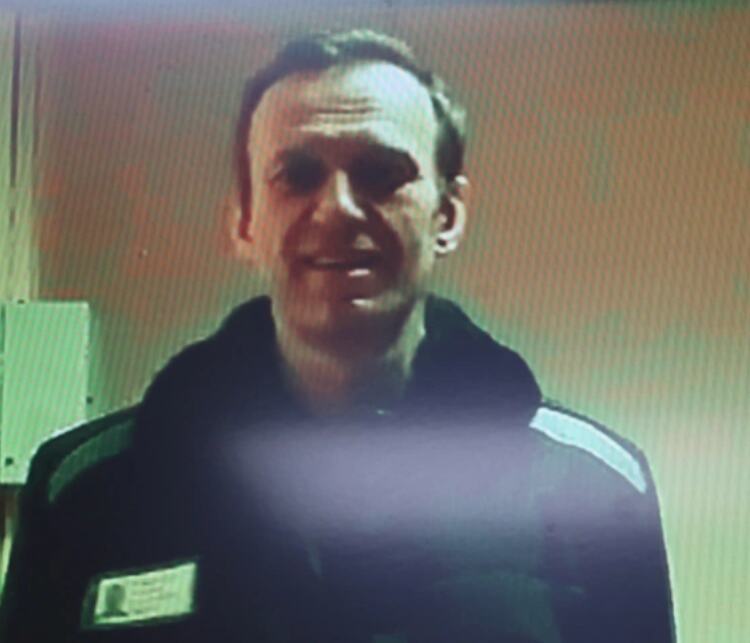Russian Activist Vadim Ostanin Sentenced to 9 Years in Prison for Extremism, as Kremlin's Crackdown on Dissent Intensifies
Russian activist Vadim Ostanin, a member of Alexey Navalny's organization, has been sentenced to nine years in prison for his involvement in an extremist community. Ostanin experienced poor conditions during his detention, and despite pressure, he refused to admit guilt. Navalny and his organizations continue to face persecution as the Kremlin's crackdown on dissent intensifies.
Russian activist Vadim Ostanin, a member of Alexey Navalny's organization, has been sentenced to nine years in prison for his involvement in an "extremist community." Ostanin, who had previously run the Anti-Corruption Foundation's local headquarters in Barnaul, was arrested in December 2021 and held in poor conditions, according to a letter published by Navalny's team.
He described being placed in a small basement cell with a window covered in debris and later experiencing flooding, accompanied by rats, ants, and spiders. Despite pressure from investigators, Ostanin refused to admit guilt.
This sentencing comes after another Navalny campaigner, Liliya Chanysheva, was sentenced to seven and a half years for "extremism" last month. Navalny himself is currently on trial behind closed doors at a penal colony in Melekhovo, where he is already serving an 11 and a half-year sentence on fraud charges.
Russian state prosecutors have recently requested an additional 20-year sentence for Navalny on charges including extremism. Navalny's supporters anticipate that a verdict will be announced on August 4. Acquittals of opposition figures in Russia are rare, and the Kremlin's crackdown on dissent has escalated in recent years.
Navalny and his organizations have been targeted as part of this crackdown, with his Anti-Corruption Foundation and other associated groups being labeled as extremist organizations. The Moscow City Court classified the case materials for the bans, citing "state secrets." Navalny continues to fight against what he calls the "unscrupulous evil" of Russian state power, denying charges of inciting hatred and emphasizing the importance of conscience and intellect.




